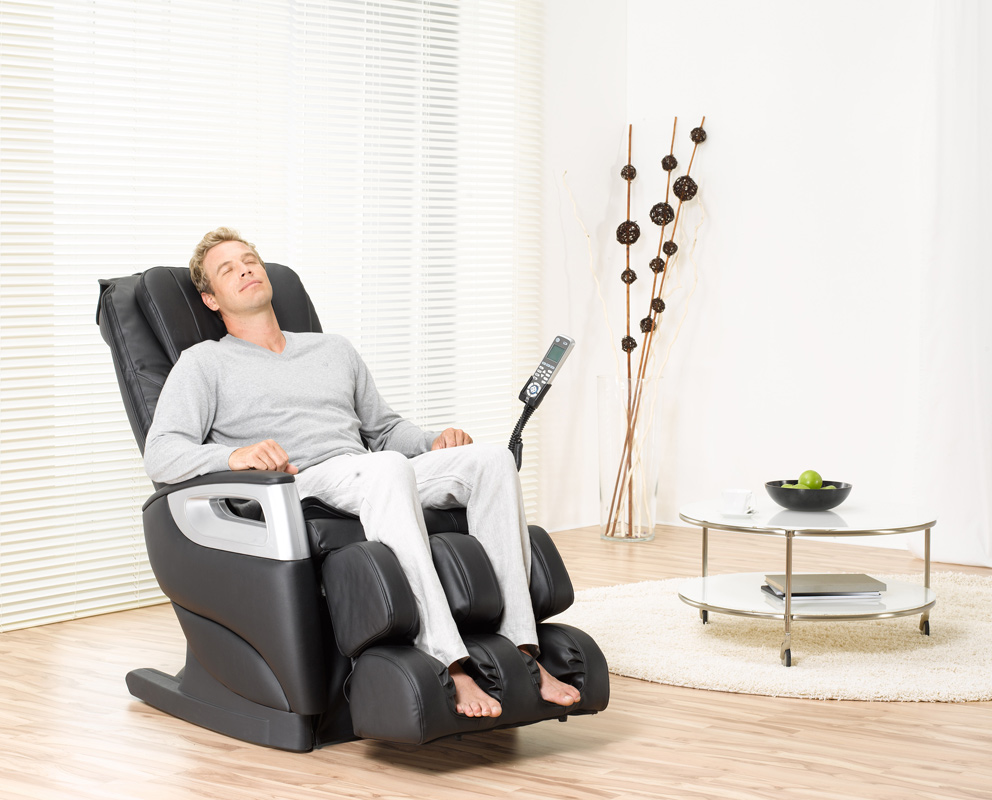In today’s fast-paced business world, executives and entrepreneurs are increasingly relying on virtual assistants (VAs) to handle administrative tasks, freeing up valuable time to focus on core business activities. A Virtual Executive Assistant (VEA) can help streamline operations, manage calendars, coordinate meetings, handle emails, and perform many other functions that contribute to business efficiency. However, with the variety of services and options available, choosing the right virtual executive assistant for your needs can be a daunting task. In this article, we’ll explore the key factors to consider when selecting a virtual executive assistant.
1. Understand Your Specific Needs
Before you begin your search for a virtual executive assistant, it’s essential to have a clear understanding of what tasks and responsibilities you want them to handle. Start by making a list of daily, weekly, and monthly tasks you would like to delegate. Common responsibilities for a VEA include:
- Calendar management and scheduling
- Email correspondence and communication
- Travel arrangements and logistics
- Document management and file organization
- Client relations and customer service
- Meeting coordination and note-taking
By defining your needs, you can ensure that you select a VEA with the right skill set to handle your specific tasks effectively.
2. Assess Their Skills and Experience
A well-rounded virtual executive assistant should have a diverse set of skills, including organizational skills, communication skills, time management, and a high level of proficiency in using various software and tools. When evaluating potential candidates, look for someone with:
- Experience in Executive Assistance: Ideally, your virtual assistant should have experience in supporting high-level executives. This ensures they understand the complexities of managing schedules, client communication, and other high-stakes tasks.
- Technological Competence: Virtual assistants often work remotely and rely heavily on digital tools. Ensure the candidate is comfortable with essential software such as Microsoft Office, Google Suite, project management tools (e.g., Trello, Asana), video conferencing platforms (Zoom, Skype), and communication apps (Slack, email).
- Problem-Solving and Critical Thinking: A good VEA should be able to think independently, anticipate your needs, and proactively solve problems that may arise in your absence.
3. Evaluate Their Communication Skills
Effective communication is the cornerstone of any productive working relationship. Since your virtual executive assistant will be working remotely, having clear and effective communication will ensure that tasks are completed correctly and on time. Look for someone who:
- Responds Promptly: Evaluate their responsiveness during the initial stages of communication. A VEA should be able to respond to emails or messages quickly and efficiently.
- Expresses Themselves Clearly: Whether through email or a video call, a strong VEA should be able to articulate ideas, updates, and issues clearly and professionally.
- Active Listening Skills: Make sure the assistant can listen actively and understand your needs without requiring constant clarification.
4. Consider Cultural Fit and Work Style
Since your VEA will be an extension of your team, it’s important that their work style aligns with your preferences and company culture. Consider the following:
- Work Hours: Will you need someone to work during specific hours or be available across different time zones? Ensure the VEA’s schedule is flexible enough to meet your business’s demands.
- Personality Fit: Although your VEA will be working remotely, it’s important that they mesh well with your communication style and values. This can affect the quality of their work and your overall satisfaction.
5. Start with a Trial Period
One of the best ways to assess whether a virtual executive assistant is the right fit is by starting with a trial period. During this time, you can evaluate their work, communication, and ability to meet deadlines. A trial period helps you see if they truly understand your requirements and can handle your tasks effectively.
Set clear expectations at the beginning of the trial, and establish performance metrics or goals to measure their progress. After the trial period, assess whether the VEA has demonstrated the skills, initiative, and reliability that you need.
6. Check References and Reviews
To ensure you’re hiring someone trustworthy and reliable, always check their references and reviews. Look for testimonials from previous clients, and ask for specific examples of how they’ve handled similar tasks. This will give you insight into their strengths and potential areas for improvement.
7. Discuss Compensation and Contract Terms
Lastly, ensure that both you and the virtual executive assistant have a clear understanding of the compensation structure and the terms of the contract. Will they be paid hourly, per project, or on a retainer basis? Be transparent about expectations, and make sure the arrangement works for both parties. A written contract can help avoid misunderstandings in the future.
Conclusion
Choosing the right virtual executive assistant is an investment that can dramatically improve your productivity and efficiency. By carefully assessing your needs, evaluating skills and experience, and ensuring a good cultural fit, you can find an assistant who will support your business growth and success. Remember, taking the time to select the right person is key to establishing a long-term and fruitful working relationship.






